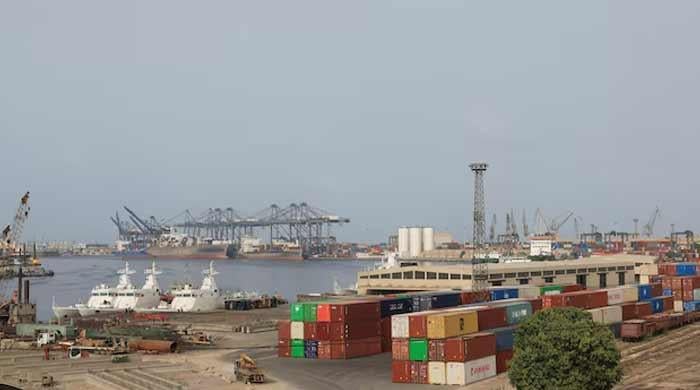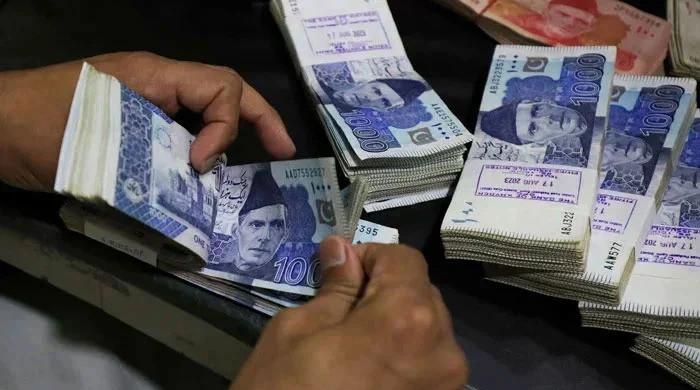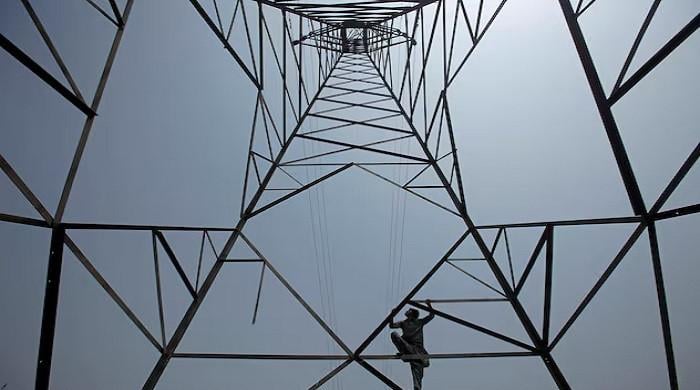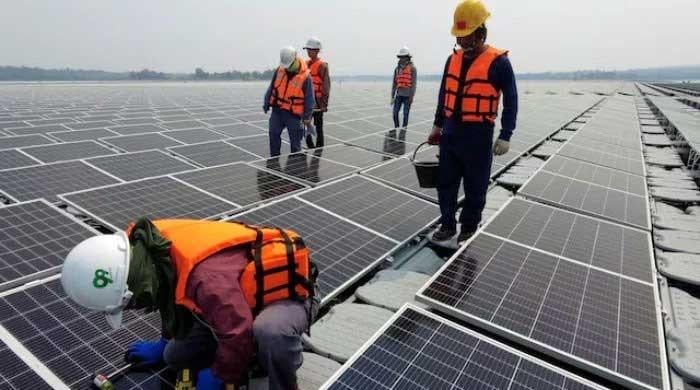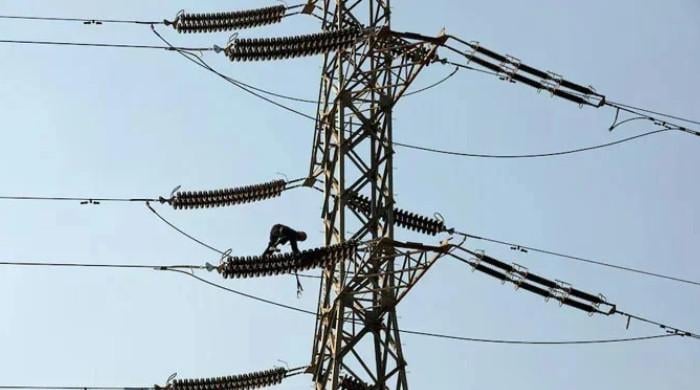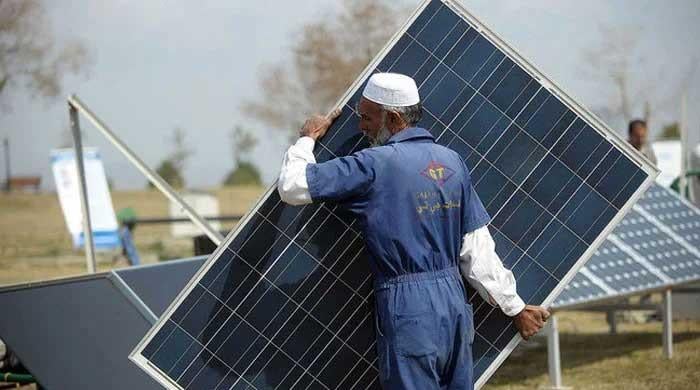In Pakistan, corruption seen as enabler not deterrent for FDI: report
Policy brief from IPRI finds that foreign investors still investing in Pakistan despite poor global transparency rankings
June 03, 2025
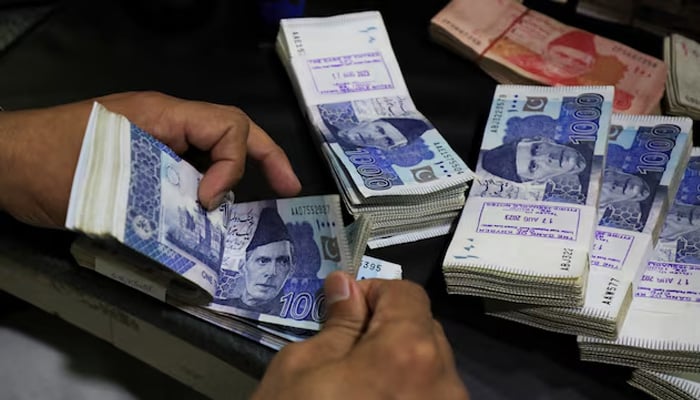
KARACHI: Foreign direct investment is pouring into Pakistan despite systemic corruption, according to a new study that exposes the structural flaws driving capital into fragile sectors.
A policy brief from the Islamabad Policy Research Institute (IPRI) finds that foreign investors continue to deploy capital in Pakistan even as the country languishes near the bottom of global transparency rankings.
With a CPI score of 27 out of 100, Pakistan is widely seen as one of the most corrupt investment destinations in South Asia. Yet, FDI inflows remain concentrated in energy, food and financial services — all sectors highly exposed to rent-seeking and informal payments.
“Corruption in Pakistan does not just coexist with FDI — it facilitates it,” said the report, adding that the country maintains “a transactional environment where regulatory bottlenecks are navigated not through reform, but through bribery.”
Using time-series and panel regression models covering 1995 to 2024, the study found that FDI inflows increase as corruption rises — a finding that holds even for capital originating in low-corruption countries like Germany, Japan and Canada. Investors, it appears, are less deterred by governance risks when returns are attractive, particularly in Pakistan’s energy sector, where deals can be fast-tracked with “speed money”.
The report highlights Pakistan’s energy sector as a textbook case. While billions in FDI have boosted installed capacity under initiatives like the China-Pakistan Economic Corridor (CPEC), systemic corruption has neutralised those gains.
The sector is now burdened with a circular debt topping Rs2.6 trillion. Projects such as rental power plants and independent power producers (IPPs), initially lauded as solutions to energy shortages, have become cautionary tales of mismanagement and opacity.
Similarly, foreign investment in banking and food services has failed to produce productivity gains. The financial sector is heavily tilted towards government lending, and the food sector remains import-dependent, aggravating Pakistan’s external account stress.
The study situates Pakistan’s experience within a broader South Asian pattern. Neighbouring countries with similarly low CPI scores — including India (38), Bangladesh (23) and Sri Lanka (32) — also receive and send substantial FDI. In some cases, firms “may prefer to invest in countries where they are familiar with the challenges of navigating such an environment”.
To break the cycle, the report urges Pakistan to go beyond symbolic anti-corruption rhetoric. It recommends digitising FDI transactions, enforcing performance-linked contracts and deploying AI tools to flag anomalies. Streamlined licensing and inter-agency coordination are also critical.
“FDI should be a tool for development, not a subsidy for dysfunction,” the report concludes. “Without structural reforms, foreign capital will continue to reward and reinforce the very systems that hold Pakistan back.”





